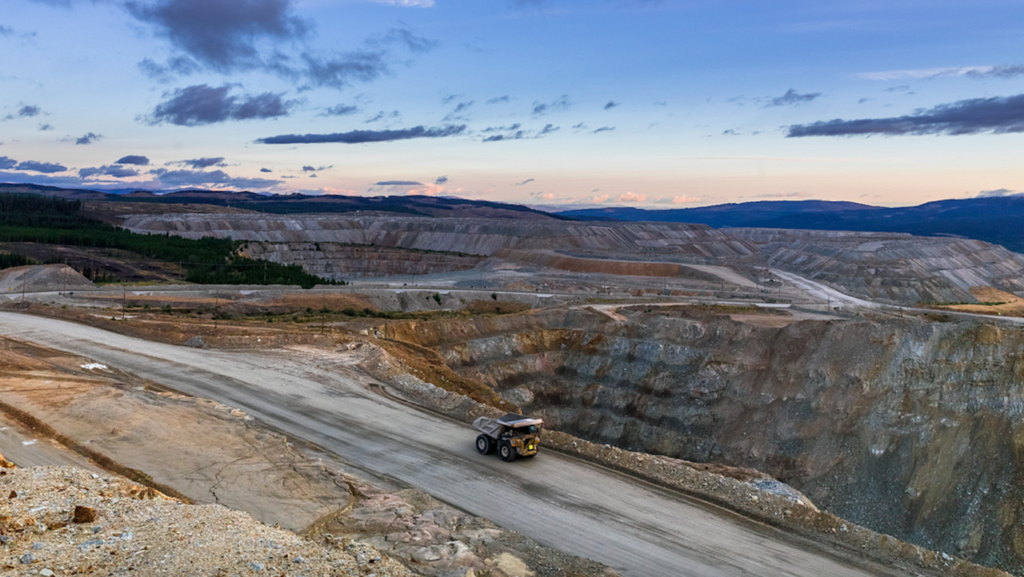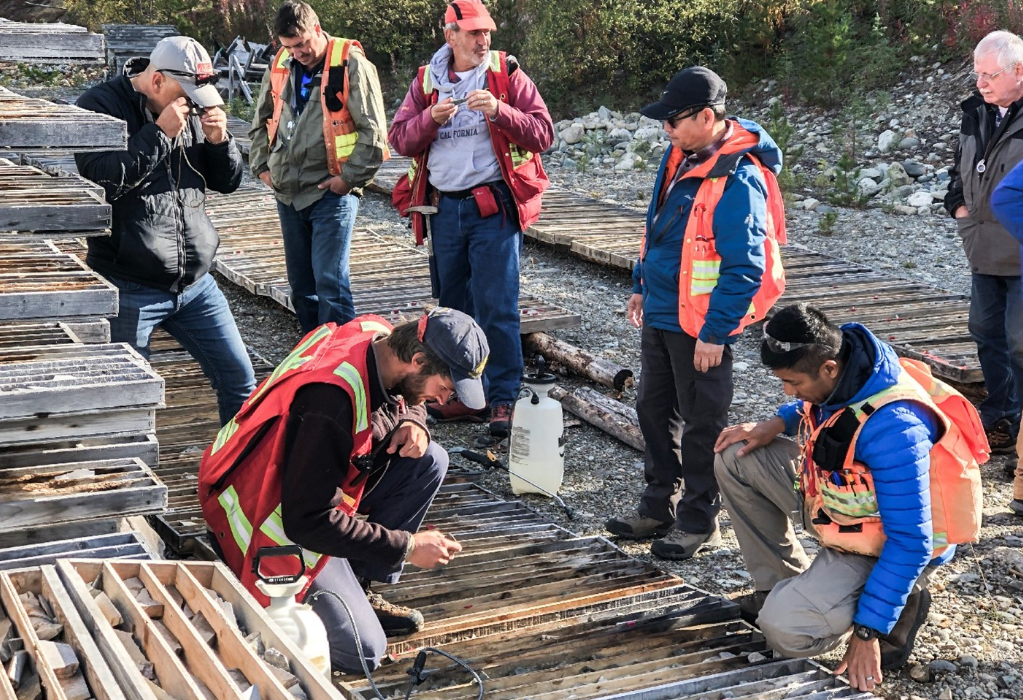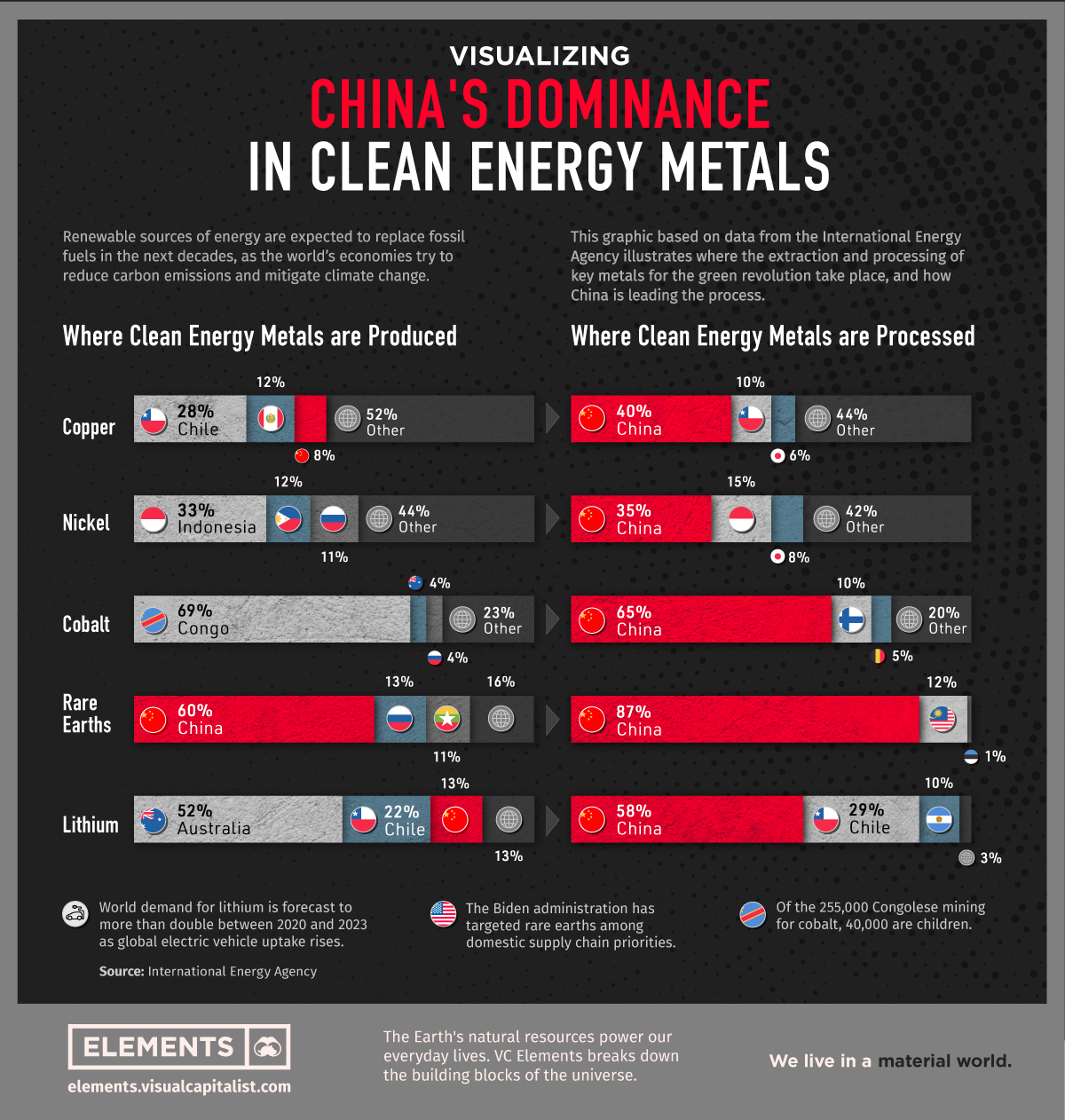

What does this have to do with mining?
It’s simple. The world must rapidly build clean energy infrastructure to confront climate change. This means building more wind turbines and solar farms and improving our electricity grids. It means transitioning to electric vehicles (EVs) and building batteries and charging infrastructure to support them.
All of these clean technologies require enormous amounts of minerals and metals.
Without these materials, decarbonizing the global economy and achieving net zero is impossible. Full stop.
Nearly 200 countries signed the Paris Accord and pledged to reduce their emissions, but policy makers are only beginning to focus their attention on whether we will have enough minerals and metals to meet net zero by 2050.
Establishing a global consensus on the emissions targets necessary to limit warming to 1.5 C is an important first step. What we need now is global action to ensure there is adequate supply of responsibly produced minerals and metals to meet those targets.
Case in point, last year the International Energy Agency (IEA) released an eye-opening study warning that the world needs to significantly increase the supply of the minerals and metals essential to clean technologies. It estimated the world needs up to six times more minerals and metals by 2040 than what we’re producing today.
The enormity of this challenge is revealed in a recent report on the future of copper by S&P Global, which predicts a global supply deficit of approximately 9.9 million tonnes of copper by 2035. This shortfall is equivalent to the production of 76 Highland Valley Copper mines, Canada’s largest copper mine, located south of Kamloops.
Simply put, we are not bringing enough new mines or expansions into production fast enough to produce the minerals and metals required to meet our climate commitments by 2050.
As IEA executive director Fatih Birol points out:“Today, the data shows a looming mismatch between the world’s strengthened climate ambitions and the availability of critical minerals that are essential to realizing those ambitions. The challenges are not insurmountable, but governments must give clear signals about how they plan to turn their climate pledges into action.”
With an abundance of critical minerals and metals, B.C. and Canada have an outsized opportunity to help fill the growing global supply gap and make a significant contribution to climate action beyond reducing our domestic emissions.
We’re not the only jurisdiction with the necessary mineral reserves, but we are a preferred supplier. We mine and refine metals responsibly and safely, and our operations have among the lowest carbon emissions in the world. We also meet some of the toughest laws and regulations for environmental protection and worker safety.
What’s more, our mineral resources offer British Columbians and Canadians enormous economic benefits and a generational opportunity to create new shared value and prosperity with Indigenous communities.
Recent public opinion polling shows that 80 per cent of Canadians feel positively about producers of metals and minerals, while 48 per cent recognize that mining brings climate solutions. That’s progress, but we need collective action and credible climate strategies that recognize the need to increase the output of responsibly produced minerals and metals.
B.C. will soon have a new premier. Our new premier could deliver urgent climate action by prioritizing and expediting the growth of B.C.’s critical minerals and metals sector.
This would require a timelier permitting process for mines, addressing the shortcomings of our carbon pricing system and more investment in geoscience. It must also include accelerating support for Indigenous communities to enhance their capacity to fully participate in mining development projects.
With these important steps, B.C. and Canada can take urgent climate action, providing the essential building blocks for the global energy transition, while capitalizing on a generational economic opportunity here at home. •
Michael Goehring is president and CEO of the Mining Association of British Columbia.
(This article first appeared in Business in Vancouver)
This post has been syndicated from a third-party source. View the original article here.




